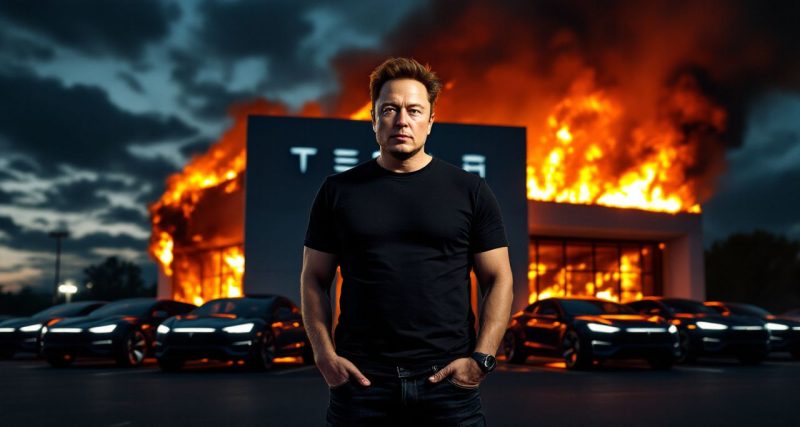The Announcement That Surprised No One

In a development that has been brewing for weeks, Elon Musk is preparing to step down from his controversial role leading the Department of Government Efficiency (DOGE) by the end of May.
President Trump has reportedly begun informing his cabinet and inner circle that his billionaire ally will soon transition away from slashing federal budgets and agencies.
Musk confirmed his planned departure during a Fox News interview, stating he believes he can complete DOGE’s ambitious goal of cutting $1 trillion in government spending “within that time frame,” which would conclude his government service by late May 2025.
Trump’s Cryptic Response Signals DOGE’s Uncertain Future
When pressed about DOGE’s fate without its celebrity leader, President Trump offered a characteristically vague response that hinted at the initiative’s eventual conclusion.
“Well, I can’t tell you that,” Trump told reporters in the Oval Office. “I can say this, that a lot of the people working with DOGE are the secretaries, the heads of the various agencies, and they’ve learned a lot… at a certain point, I think it will end.”
The Legal Battleground DOGE Leaves Behind
Musk’s tenure as a special government employee—a designation limiting him to 130 days of service annually—was always designed to be temporary. However, his aggressive approach to government restructuring has generated a tsunami of legal challenges.
DOGE faces numerous lawsuits from fired federal workers, advocacy groups, and unions who claim Musk’s actions violate the Constitution since he lacks Senate confirmation. Federal judges have already imposed limits on DOGE’s access to sensitive financial and personal data across government agencies.
The Personal Cost of Playing Government Hatchet Man
The billionaire’s government service has extracted a significant toll on his business empire. Tesla’s stock has plummeted more than one-third in value during the first quarter of 2025, with Musk’s personal net worth reportedly shrinking by approximately $121 billion since December.
During a recent Wisconsin appearance, Musk acknowledged these challenges with a hint of self-pity: “It’s costing me a lot to be in this job. What they’re trying to do is put massive pressure on me, and Tesla, I guess, to stop doing this.”
The Dubious Legacy of DOGE’s “Savings”
Despite the controversy surrounding DOGE’s methods—which have included mass layoffs and attempts to dismantle entire agencies—the Trump administration continues to champion Musk’s work. The DOGE website boasts of identifying over $140 billion in savings, though critics have repeatedly questioned the accuracy and legitimacy of these figures.
The Musk Method: A Cynical Assessment
As Musk prepares to retreat to his business empire, it’s worth examining what his DOGE experiment really accomplished. For all the dramatic flourishes—the surprise agency visits, the theatrical firings, the grandiose claims of waste elimination—what remains is a trail of disruption without clear evidence of improved government function.
Musk’s approach to government efficiency mirrored his corporate management style: chaotic, impulsive, and designed for maximum attention rather than sustainable results. His DOGE tenure offered him a platform to perform as a government reformer while conveniently avoiding the accountability that comes with actual elected office.
The billionaire who claimed he didn’t “need this job” is now exiting just as the real work of rebuilding the agencies he gutted would begin. Like a corporate raider who slashes jobs to boost short-term profits before moving on to the next target, Musk leaves behind a weakened federal infrastructure while claiming victory for cutting costs.
Perhaps most telling is the timing—Musk departs just as his 130-day special government employee status would expire, requiring him to face stricter ethics rules and financial disclosures. The man who promised government transparency appears unwilling to subject himself to the same scrutiny.
In the end, DOGE may be remembered less as a revolution in government efficiency and more as a vanity project that allowed America’s richest man to play government leader without the inconvenience of democratic accountability.
